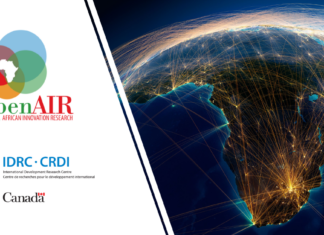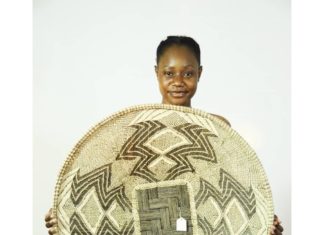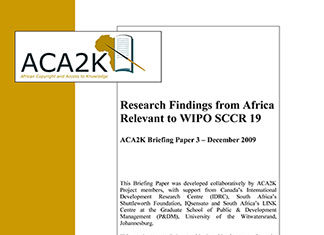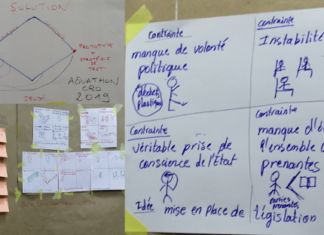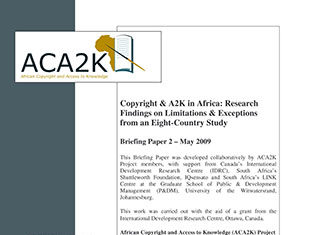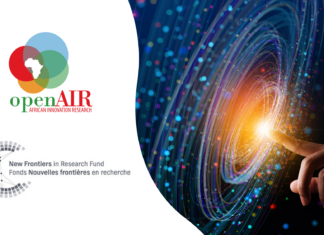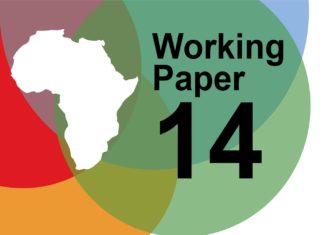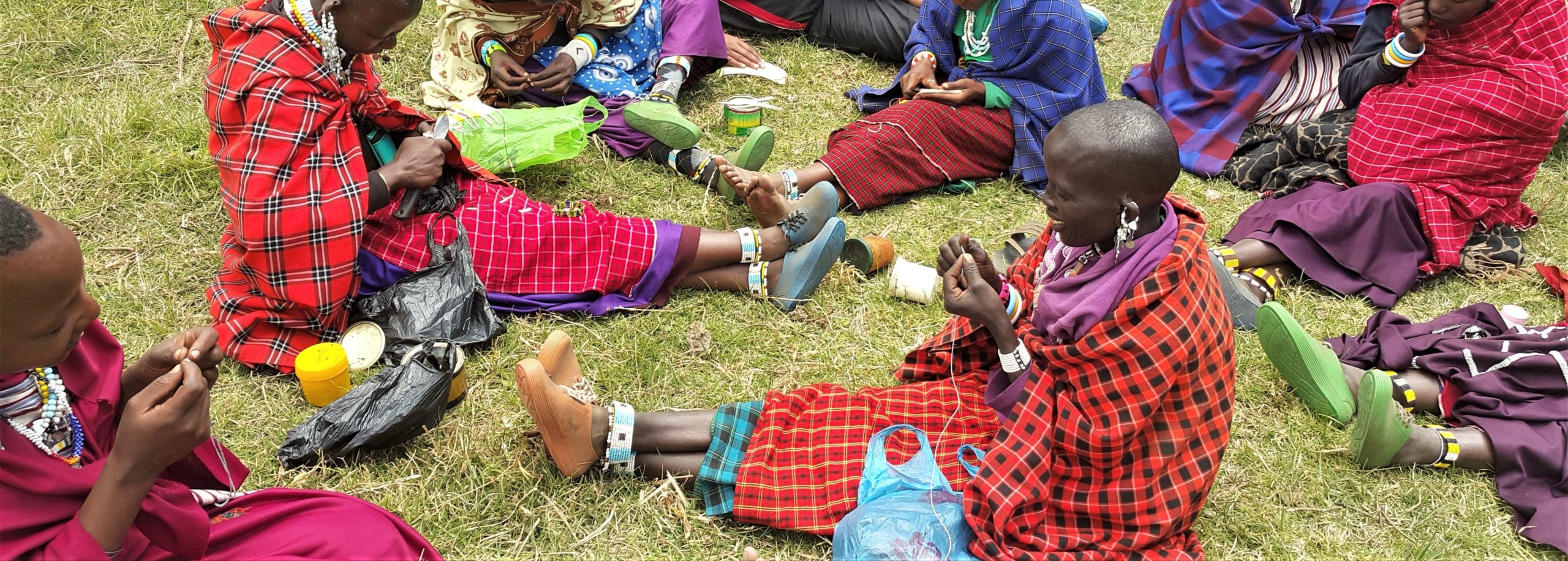New Funding for the Open AIR Network
Open AIR leads the way on regulation for innovation in lower-income countries
Open AIR is pleased to announce that we have been granted nearly $2...
How NOT to Review a Research Paper: Reflections from Harvard Law...
By Jane Ezirigwe
In late January, I had the privilege to be selected as one of the scholars to be part of the Harvard Law...
Museums and Women’s Empowerment in Zambia
By Charlene Tsitsi Musiza
There have been many efforts to empower women, but rural women continue to face unique socio-economic challenges. A suggested approach to...
WIPO Briefing Paper 3
ACA2K network membersPublication Date: 2009
Download : WIPO Briefing Paper 3: Research Findings from Africa Relevant to WIPO SCCR 19
This December 2009 Briefing Paper by...
Innovation ouverte en contexte académique à Abidjan, Côte d’Ivoire
Par Ahou Rachel KOUMI
Ce blogpost est la deuxième partie d’une série de deux blogs sur les Journées de l’Innovation en Contexte Académique réalisées du 19...
WIPO Briefing Paper 2
ACA2K network members
Publication Date: 2009
Download : WIPO Briefing Paper 2: Copyright & A2K in Africa: Research Findings on Limitations & Exceptions...
Open AIR Seeks Equitable Solutions to Post-pandemic Innovation Challenges
In 2013, Open AIR published foresight research anticipating a future shaped by shocks like a catastrophic global pandemic. During the decade since, Open AIR...
Financing of Innovation
By Eslam Shaaban
For decades, Kodak was a global giant in the photography industry all over the world. Over the past decade, however, their...
ICTs in Agricultural Production and Potential Deployment in Operationalising Geographical Indications...
Authored by: Tesh W. Dagne and Chidi Oguamanam
Abstract: The purpose of this study was to explore the role that agricultural information and communication technologies...
Gender, IP, and Innovation: Open AIR’s Future Research
The Open AIR network seeks to bring, among other things, a gendered perspective to our research. We are exploring the nexus between feminist literature, intellectual property, information technology, and innovation; connecting these approaches into the network’s future priorities.

